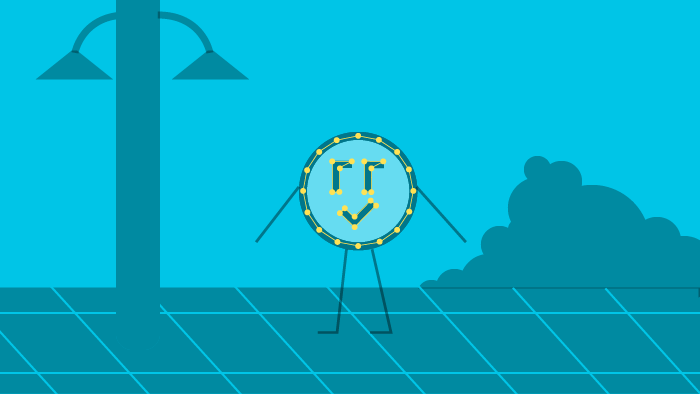On Aug 24th, we hosted the first Kaggle’s Facial Keypoints Detection workshop. In this workshop we showed how to turn Kaggle’s Facial Keypoints Detection competition into a Kubeflow Pipeline using the KFP SDK and the Kale JupyterLab extension. In this blog post we’ll recap some highlights from the workshop plus !
First, thanks for voting for your favorite charity!
With the unprecedented circumstances facing our global community, Arrikto is looking for even more ways to contribute. With this in mind, we thought that in lieu of swag we could give workshop attendees the opportunity to vote for their favorite charity and help guide our monthly donation to charitable causes. The charity that won this workshop’s voting was the International Committee of the Red Cross (ICRC). Since 1863, the mission of the International Committee of the Red Cross (ICRC) has been to protect and assist victims of armed conflict and promote understanding and respect for international humanitarian law. We are pleased to be making a donation of $100 to them on behalf of the workshop attendees. Again, thanks to all of you who attended and voted!
About the Kaggle Competition
The objective of the Facial Keypoints Detection Kaggle competition, as the site notes, is to predict keypoint positions on face images. This can be used as a building block in several applications, such as:
- Tracking faces in images and video
- Analyzing facial expressions
- Detecting dysmorphic facial signs for medical diagnosis
- Biometrics/face recognition
In the world of machine learning, it is well known that detecting facial keypoints is a very difficult problem to solve. This is because facial features vary significantly from person to person, and even for a specific individual, there is a large amount of variation in facial images due to changing conditions such as 3D pose, size, position, viewing angle, and lighting. Although computer vision research has come a long way in addressing these difficulties, there still remain many opportunities for improvement!
What topics were covered in the workshop?
- Overview of Kubeflow
- Overview of Kubeflow Notebooks
- Overview of Kubeflow Pipelines
- Develop and Run the Facial Keypoints Detection Pipeline
- Overview of Kale
- Automate the Facial Keypoints Detection Pipeline with Kale
- Next Steps
What did I miss?
Here’s a short teaser from the 60 minute workshop where Jimmy walked us through a notebook that turns Kaggle’s Facial Keypoints Detection competition into a Kubeflow pipeline using the Kale JupyterLab extension.
Ready to get started with Kubeflow?
Arrikto’s Kubeflow as a Service is the easiest way to get deployed and have a pipeline running in under 5 minutes. Comes with a 7-day free trial with no credit card required. Click to get started.
Missed the Aug 24 workshop?
If you were unable to join us last week, but would still like to attend a workshop in the future, register for one of these upcoming workshops.

